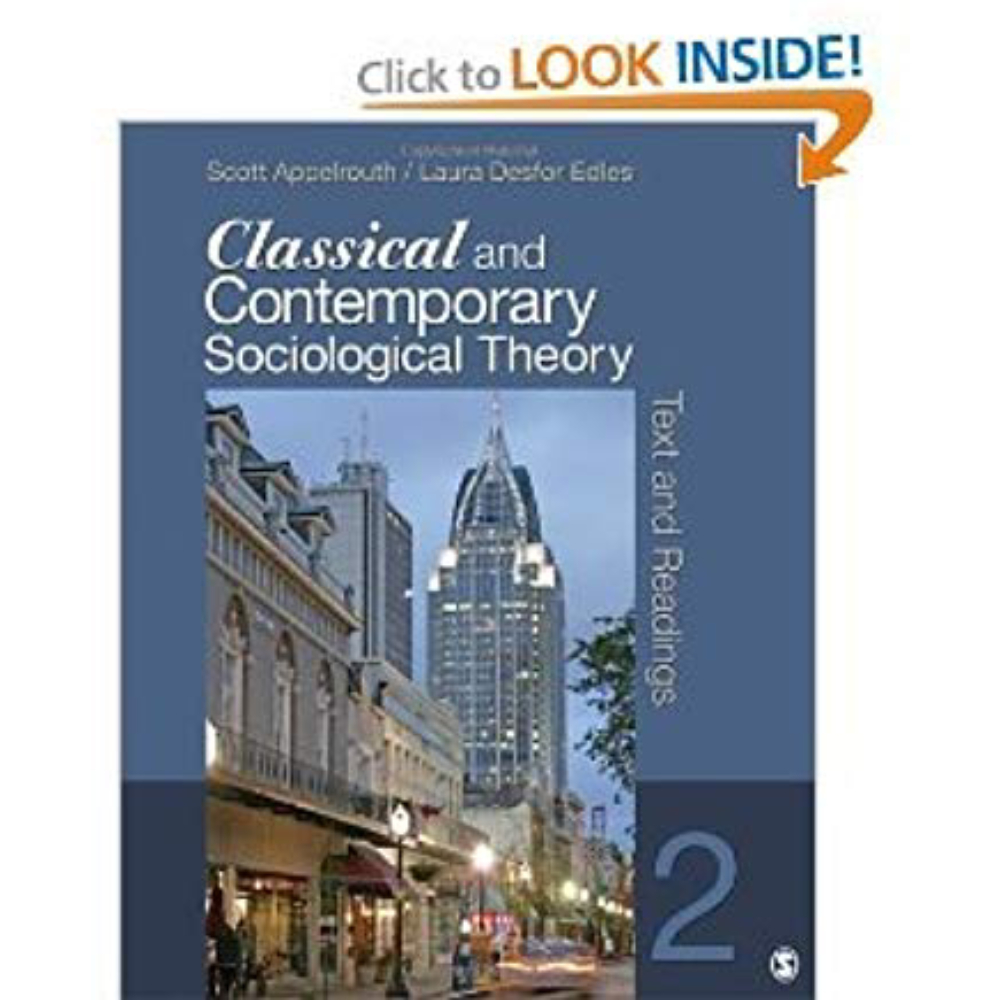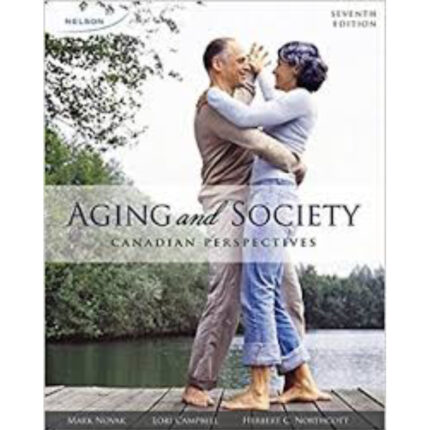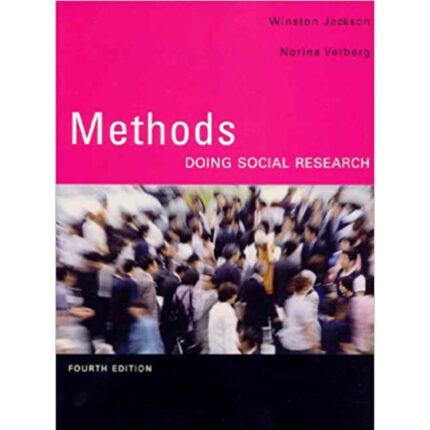Chapter 11: Exchange Theory
Test Bank
Multiple-Choice
1. George Homans’s approach to exchange theory is based upon a fusion of principles of:
a) structural functionalism and behaviorialism.
b) behavioral psychology and neoclassical economics.
c) symbolic interactionism and behaviorialism.
d) dramaturgy and social psychology.
2. Which scholar’s work on the effects of operant conditioning greatly influenced Homans’s work?
a) James Coleman
b) B.F. Skinner
c) Georg Simmel
d) Robert Merton
3. Unavoidable punishments that are experienced when a behavior also elicits positive reinforcement are called:
a) losses.
b) retributions.
c) costs.
d) dysfunctions.
4. Homans sought to explain elementary social behavior which he defined as:
a) face-to-face contact between individuals, in which the reward each gets from the behavior of the others, is relatively direct and immediate.
b) human beings acting toward things on the basis of the meanings that the things have for them.
c) based on the division of labor inherent within primitive societies.
d) a reciprocal relationship between an interdependent self and society.
5. Which one of the following is not one of Homans’s behaviorist propositions?
a) success
b) satisfaction
c) value
d) stimulus
6. The more often an action is followed by a reward, the more likely a person will repeat the behavior is referred to by Homans as:
a) the value proposition
b) the stimulus proposition
c) the success proposition
d) the deprivation-satiation proposition
7. Each party to the exchange must perceive that they are not paying too high a cost relative to the rewards gained; Homans’s titled this concept:
a) behavioral propositions.
b) elementary social behavior.
c) neoclassic economics.
d) distributive justice.
8. According to the authors, Homans’s basic theoretical orientation can be considered:
a) Individual/rational.
b) Individual/nonrational.
c) Collective/rational.
d) Collective/nonrational.
9. Which concept does Homans’s describe as an exchange of goods reinforced by the values that actors attach to rewards sought and costs endured?
a) economics
b) psychology
c) interaction
d) justice
10. Which scholar could it be argued was most influential on Blau’s work on interaction?
a) Karl Marx
b) Emile Durkheim
c) Max Weber
d) Georg Simmel
Answer Key
Multiple Choice
1. b
2. b
3. c
4. a
5. b
6. c
7. d
8. a
9. c
10. d













Reviews
There are no reviews yet.